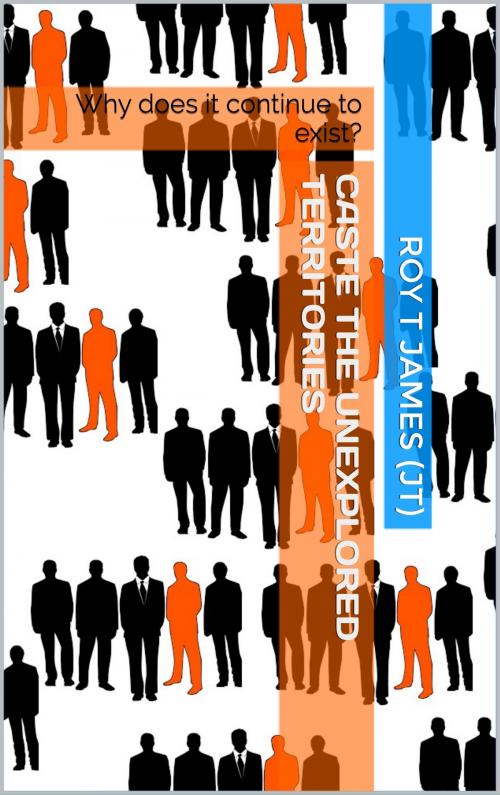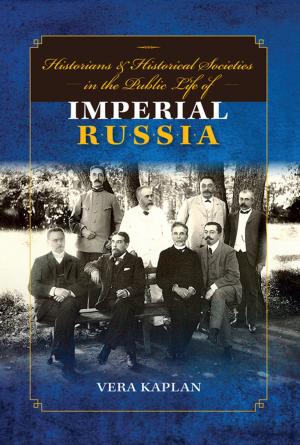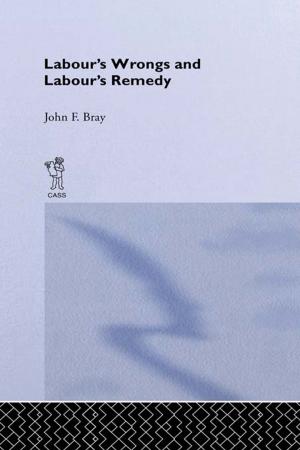CASTE: The Unexplored Territories
Nonfiction, Social & Cultural Studies, Political Science, Government, Social Policy, Religion & Spirituality, Philosophy, Political| Author: | Roy T James | ISBN: | 9781311505828 |
| Publisher: | Roy T James | Publication: | March 20, 2015 |
| Imprint: | Smashwords Edition | Language: | English |
| Author: | Roy T James |
| ISBN: | 9781311505828 |
| Publisher: | Roy T James |
| Publication: | March 20, 2015 |
| Imprint: | Smashwords Edition |
| Language: | English |
Caste is a relic of dark ages. It did not evolve into a modernized version in the natural course of events as the people of India were not the real custodians of Indian society, having been under foreign rule for many years and those rulers finding great use in caste. Other countries had their share of such customs which are even more shocking, like lynching or burning at stake, various entertainments of Roman Empire, all of which, evolved into something less obnoxious, as time went by. There has never been a time in Indian history when someone of significance did not attempt in its eradication be it Buddha, Swami Vivekanada or the hordes of other leaders of later origin How come it still remains, causing trouble at will, though there is nobody who does not earnestly say that they want to see its' demise. This book is trying to answer that by taking a unique approach the problem.
Describing the evolution of caste in a 'no nonsense' language and exhorting all the need to take urgent steps before it is too late, this book is an attempt to identify the exact reasons why caste has been readily accepted in India and continue to be so, regardless of the multitude of cultural, social and political changes over many a century. Although what is vogue is to consider caste as something imposed from above, sufficient reasons are given pointing to the contrary and explaining why people would have been in more or less consonance with this system. Differing with and offering alternatives to the popular view, this book is bound to prod the readers into firing the best of their arsenal, either to oppose caste or to oppose him.
Caste is a relic of dark ages. It did not evolve into a modernized version in the natural course of events as the people of India were not the real custodians of Indian society, having been under foreign rule for many years and those rulers finding great use in caste. Other countries had their share of such customs which are even more shocking, like lynching or burning at stake, various entertainments of Roman Empire, all of which, evolved into something less obnoxious, as time went by. There has never been a time in Indian history when someone of significance did not attempt in its eradication be it Buddha, Swami Vivekanada or the hordes of other leaders of later origin How come it still remains, causing trouble at will, though there is nobody who does not earnestly say that they want to see its' demise. This book is trying to answer that by taking a unique approach the problem.
Describing the evolution of caste in a 'no nonsense' language and exhorting all the need to take urgent steps before it is too late, this book is an attempt to identify the exact reasons why caste has been readily accepted in India and continue to be so, regardless of the multitude of cultural, social and political changes over many a century. Although what is vogue is to consider caste as something imposed from above, sufficient reasons are given pointing to the contrary and explaining why people would have been in more or less consonance with this system. Differing with and offering alternatives to the popular view, this book is bound to prod the readers into firing the best of their arsenal, either to oppose caste or to oppose him.















